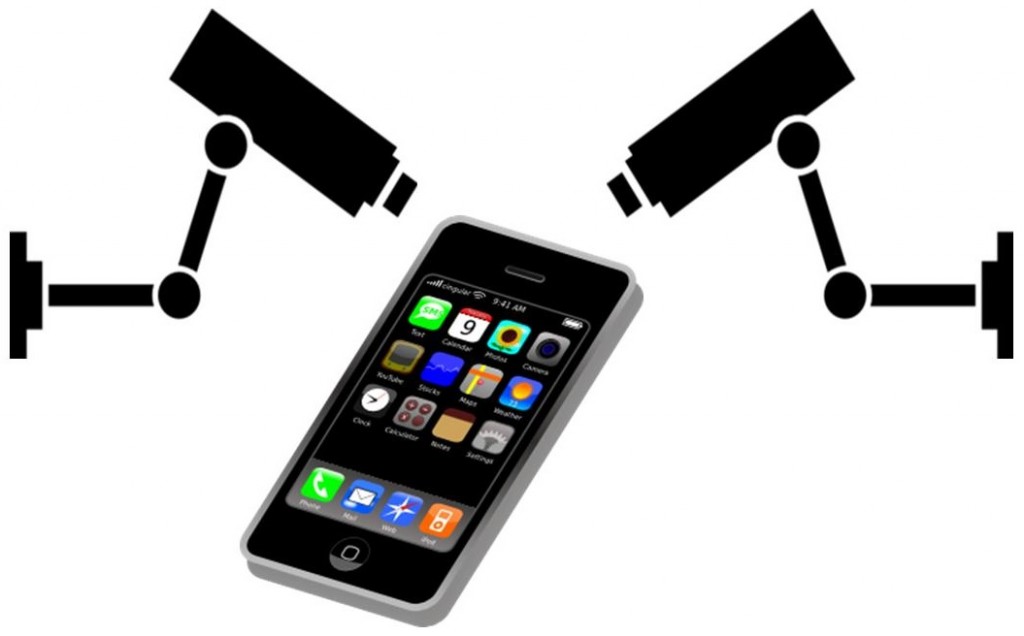One of the privacy control features that had previously been available on smartphones has been removed.
It has just been revealed that Google Inc. has decided to eliminate an experimental Android mobile security feature meant to help users to be able to boost their privacy levels by blocking apps from being able to collect some forms of their data, such as their location and the contents of their address books.
This change will mean that smartphone users of version 4.4.2 of the operating system will not be able to block that sharing.
In order to be able to use certain apps, users will no longer be able to rely on the Android mobile security blocking to stop their personal data from being collected. According to a Google spokesperson, the feature had accidentally been included in the Android 4.3 version (Jelly Bean) that was released last summer.
Many have expressed suspicion concerning the explanation about the removal of the Android mobile security feature.
 While some have accepted Google’s explanation and are not bothered by the removal of the privacy tool, others are suspicious and don’t feel that the elimination of the feature was the best move when improvement would have been a superior path.
While some have accepted Google’s explanation and are not bothered by the removal of the privacy tool, others are suspicious and don’t feel that the elimination of the feature was the best move when improvement would have been a superior path.
The concern that has now been expressed is that users of smartphones based on the operating system can choose not to upgrade to Android 4.4.2, but this could place them at an increased risk of other types of vulnerabilities that were overcome by the upgrade. This will cause people to have to make the choice between two different types of protection for their devices.
Many third party apps for these smartphones require personal information access, such as location data and phone call information, in order to be used, despite the fact that there is not always an obvious reason why the application would require this data in order to function. The added privacy feature gave users the ability to select which types of data could be collected by a third party application.
Now, the Android mobile security feature providing that ability will no longer be available to users who upgrade to the latest version of the operating system.
Google and Facebook are leading the group from the tech industry that is seeking changes to government spying.
A group of the largest and most powerful tech companies in the world have come together in an effort to improve mobile surveillance security for their users, who now know that they are being watched by certain government agencies, particularly in the United States.
These industry leaders are seeking to encourage wide scale changes to the American government’s Big Brother activities.
The companies have called themselves the Reform Government Surveillance group. They are seeking to make massive mobile surveillance security changes to the way that the American government has been watching people in the country and around the world. Much of this action is the result of the revelations made by whistleblower Edward Snowden, who revealed – among other things – that the NSA has been watching millions upon millions of people every day, around the globe, gathering information such as location data from their mobile devices.
The group has said that it should be possible for individuals and businesses to have greater mobile surveillance security.
 The Reform Government Surveillance group is made up of Google, Facebook, Apple, Microsoft, Yahoo!, Twitter, AOL, and LinkedIn. This alliance was created in order to move ahead their communal belief that “it is time for the world’s governments to address the practices and laws regulating government surveillance of individuals and access to their information.”
The Reform Government Surveillance group is made up of Google, Facebook, Apple, Microsoft, Yahoo!, Twitter, AOL, and LinkedIn. This alliance was created in order to move ahead their communal belief that “it is time for the world’s governments to address the practices and laws regulating government surveillance of individuals and access to their information.”
The organization has placed its backing behind widespread new reforms that federal politicians have proposed. The group’s website has suggested five different core elements that require changes. They are:
• Accountability and oversight
• A limit to the authority of the government for user data collection
• Government demand transparency
• Avoidance of government related conflicts
• Respecting a more free flow of information
An open letter from the group to the American government has urged them to “take the lead and make reforms that ensure that government surveillance efforts are clearly restricted by law, proportionate to the risks, transparent and subject to independent oversight.” The goal is to boost mobile surveillance security and privacy for users of the standard and mobile web.
 While some have accepted Google’s explanation and are not bothered by the removal of the privacy tool, others are suspicious and don’t feel that the elimination of the feature was the best move when improvement would have been a superior path.
While some have accepted Google’s explanation and are not bothered by the removal of the privacy tool, others are suspicious and don’t feel that the elimination of the feature was the best move when improvement would have been a superior path.
 The Reform Government Surveillance group is made up of Google, Facebook, Apple, Microsoft, Yahoo!, Twitter, AOL, and LinkedIn. This alliance was created in order to move ahead their communal belief that “it is time for the world’s governments to address the practices and laws regulating government surveillance of individuals and access to their information.”
The Reform Government Surveillance group is made up of Google, Facebook, Apple, Microsoft, Yahoo!, Twitter, AOL, and LinkedIn. This alliance was created in order to move ahead their communal belief that “it is time for the world’s governments to address the practices and laws regulating government surveillance of individuals and access to their information.”